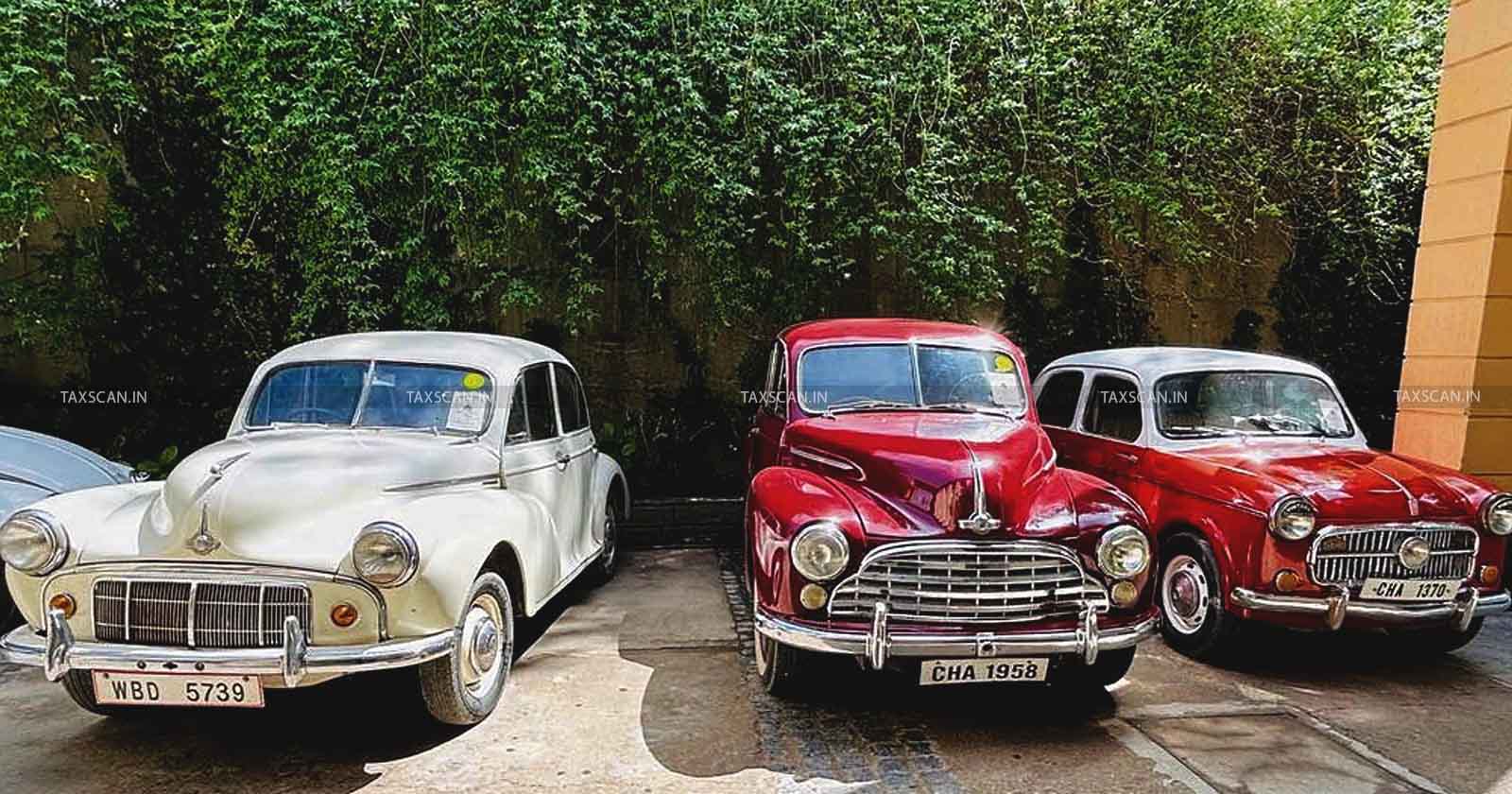Tax Implications for using Antique Automobiles in India

Tax Implications for – Using Antique Automobiles in India – TAXSCAN
Tax Implications for – Using Antique Automobiles in India – TAXSCAN
Introduction
Vintage vehicles are a symbol of nostalgia, craftsmanship, and history. Owning and using vintage cars, motorcycles, and other automobiles is a passion for many in India. However, there are certain tax implications associated with the usage of vintage vehicles in the country. This article explores the tax aspects of owning and operating antique automobiles in India.
What Qualifies as a Vintage Vehicle?
As per Indian law, a vintage vehicle is typically defined as a motor vehicle that is more than 50 years old. These vehicles are cherished for their historical and cultural significance. Owners of vintage vehicles are often members of vintage car clubs and participate in events and rallies that celebrate the automotive heritage.
Tax Implications for Vintage Vehicle Owners
1. Import Duty: Importing a vintage automobile into India can be an expensive affair due to customs duties. The exact duty amount depends on factors such as the vehicle's age, condition, and value. Antique automobile enthusiasts should be prepared for these costs when importing a classic vehicle.
2. Registration Fees: Antique automobiles in India are subject to registration fees and road taxes, similar to modern vehicles. The fees can vary from state to state and depend on the vehicle's engine capacity, weight, and age. Owners must comply with state regulations for registration and taxation.
3. Insurance: Vintage cars require specialized insurance coverage due to their rarity and higher value. Vintage vehicle insurance policies are more expensive than regular auto insurance, but they provide comprehensive coverage for your prized possession.
4. Maintenance Costs: Restoring and maintaining a classic vehicle can be a significant financial commitment. Owners should be prepared for regular maintenance, which may include sourcing rare parts and skilled craftsmen who can work on older models.
5. Capital Gains Tax: Vintage vehicle owners may face capital gains tax if they decide to sell their classic automobile for a profit. The tax implications will depend on the profit earned and the duration of ownership.
6. Heritage Status: Some states in India offer tax incentives or reduced rates to vintage vehicle owners who obtain heritage status for their automobiles. This recognition is given to vehicles of exceptional historical or cultural significance.
7. As per Notification No. 8/2018- Central Tax (Rate), the GST rates on the sale of old cars were reduced as follows:
| Description | HSN code | GST | Compensation cess |
| LPG/ CNG vehicles with engine capacity not exceeding 1200cc and length not exceeding 4000mm | 8703 | 18% | 1% |
| Diesel vehicles having engine capacity not greater than 1500cc and length not greater than 4000mm | 8703 | 18% | 3% |
| Engine capacity greater than 1500cc | 8703 | If the seller did not claim ITC: 18% If the seller has claimed ITC: 28% | 20% |
| SUVs (Engine capacity greater than 1500cc) | 8703 | If the seller did not claim ITC: 18% If the seller has claimed ITC: 28% | 22% |
| Electric vehicles (both two and three-wheeled) | 8703 | 5% | Nil |
Conclusion
Owning and using vintage vehicles in India is a passion for many, but it comes with its share of tax implications. From import duties to registration fees and insurance costs, vintage vehicle enthusiasts must be aware of these financial aspects. Additionally, capital gains tax considerations may come into play if they decide to sell their cherished classics. It is crucial for vintage vehicle owners to stay informed about the relevant tax regulations and seek professional advice to ensure compliance and enjoy their passion for classic automobiles without any financial surprises.
Support our journalism by subscribing to Taxscan premium. Follow us on Telegram for quick updates


